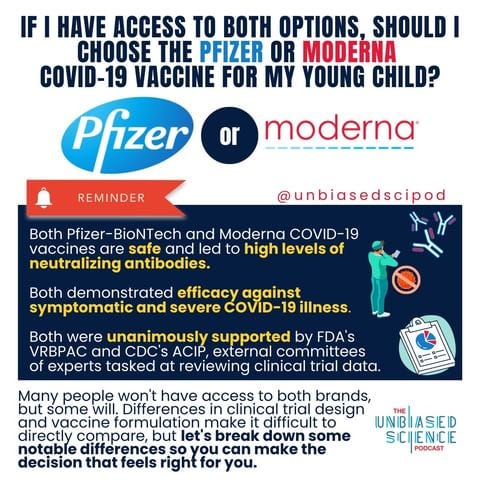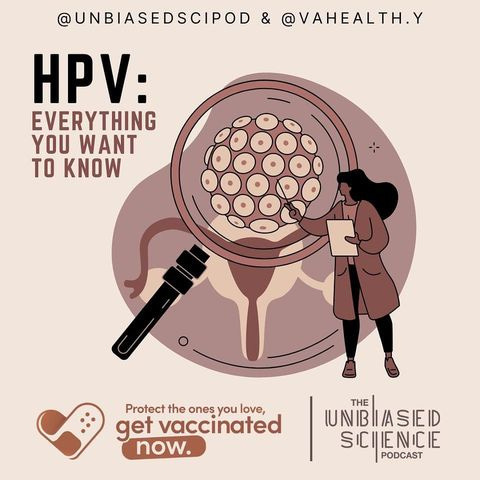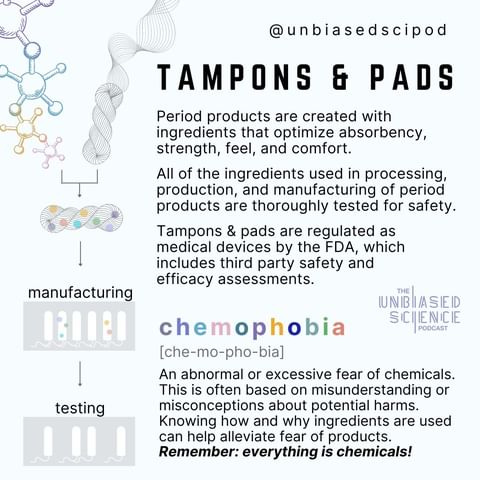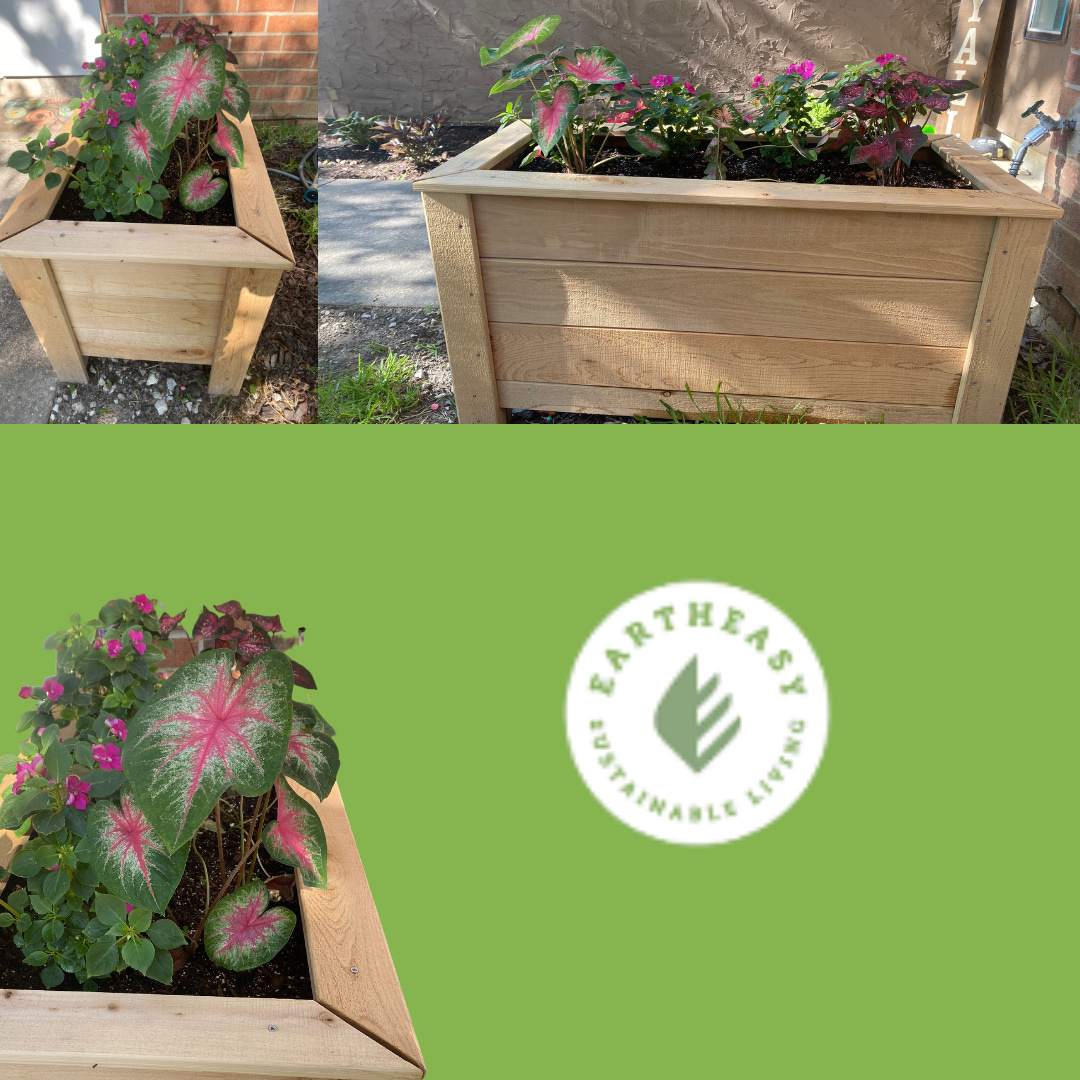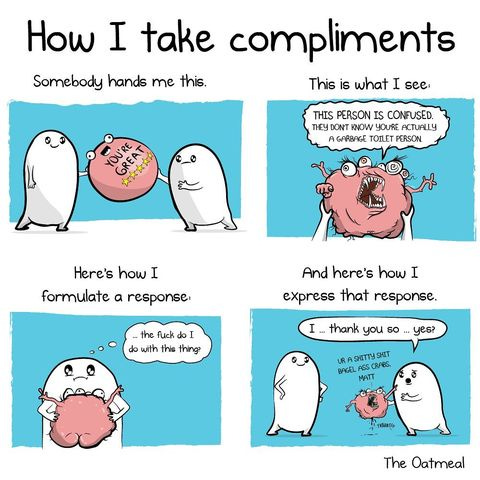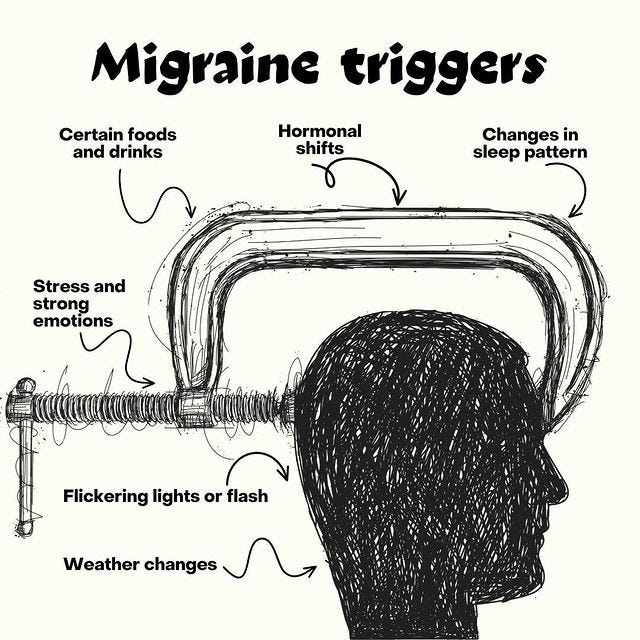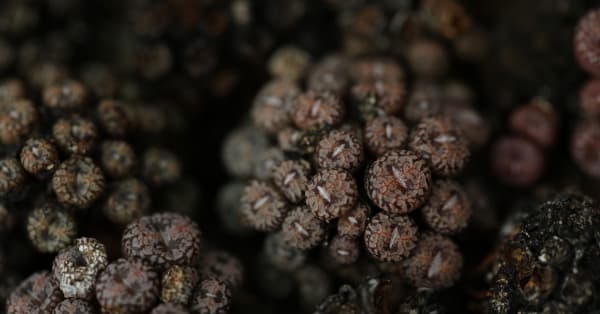The Dose: Chart The Night Skies
Vaccines for our kids, brain-breaking compliments and chart the night skies
Welcome to The Dose! If you haven’t already, subscribe to receive the latest pandemic updates and some exciting, beautiful science twice a month right in your inbox.
The Serious Stuff
In this section, we share the most important pandemic and science updates.
Pfizer or Moderna for my child? Children over 6 months old are now eligible for 2 COVID-19 vaccines. Both vaccines are safe, produce high levels of neutralizing antibodies and protect against symptomatic and severe disease. Although both are mRNA vaccines, their differing formulations make direct comparisons difficult. Here are some generalizations we can make with the current data. Moderna has more active ingredient per dose and uses only 2 doses, which means fewer injections and a shorter time to confer protection. On the other hand, Pfizer uses less active ingredient per dose and requires 3 doses. We look closer at each vaccine’s side effect profile and efficacy against symptomatic illness in the post below. Read more
A vaccine against STIs and several cancers. Human papillomaviruses (HPV) infections are the most common sexually transmitted infections (STI) in the world. It is estimated that almost everyone who is unvaccinated and sexually active will be infected with HPV at some point in their life. About 13 million Americans become infected each year. While there are >100 types of HPV, 30 affect our genitals and 14 strains can lead to cancers that include cervical, penal, anal and vaginal cancer. Fortunately, we can protect ourselves against cancer-causing strains of HPV through vaccination, with the vaccine conferring the highest level of protection before one becomes sexually active. The vaccine not only prevents infection, but also cancer. If you haven’t received the vaccine, consider making an appointment to protect the ones you love. Read more
Breaking down period products. Have you ever thought about how safe tampons and pads are? Well, both items are classified as medical devices by the FDA. They undergo rigorous safety and efficacy assessments by third parties before they are sold. If you are curious about the ingredients that go into these products, polyethylene is a plastic used to enable the comfortable insertion and removal of tampons. Another plastic used is called polypropylene, which helps ‘channel’ fluid back to the core of both tampons and pads. Both plastics are considered safe for use and non-toxic. Cotton and rayon are also two other products that help to absorb and retain fluid, which are also safe and skin-friendly. Read more
The Advertising Stuff
Looking for a way to spruce up your outdoor space? Eartheasy offers a ton of sustainable living products, and their planters are no different. They have several year-round, outdoor options for all your plant, flower, fruit, and veggie needs. They’re currently running a sale, which includes free shipping on orders over $75USD. The best part? They plant a tree for every order!
Our EP, Montana, has the natural cedar planter box in her front yard, as seen above.
Raise your hand if you shop on Amazon! We’ve got some great news! Unbiased Science now has an Amazon storefront. The lists will rotate frequently, so make sure you check it out often. These curated guides contain hand-selected products from our team, that we currently use and love. Wondering about Jessica’s favorite face products? What helps Andrea during a race? You’ll find the answers in our storefront! (Please note that we earn a small commission for purchases made through our Amazon links.)
The Beautiful Stuff
In this section, we share pieces at the intersection of science and art that have us obsessed.
❤️ Why it breaks your brain to receive a compliment. Do you feel squeamish whenever you receive a compliment? It turns out that this has everything to do with your self-esteem, whether the compliment was well-timed, and/or the social norms you grew up with. We never thought we’d need a comic to explain the weird mental gymnastics we do when we find ourselves explaining away a compliment. We also loved the quick tips on how to give and receive compliments better. The snippet below can be found on Instagram, but we promise the entire comic is well worth reading. Read here
🌑 Chart the night skies. Ever wondered how to differentiate between the stars in the night sky? Stellarium- an online planetarium website providing accurate night sky simulations. Stunning simulation shows us exactly what we’d see when we look up at the stars. Learn all about astronomy and the night sky, train your celestial navigation skills and identify stars, comets and constellations. With this tool, you can experience a planetarium right in your own home. Try here

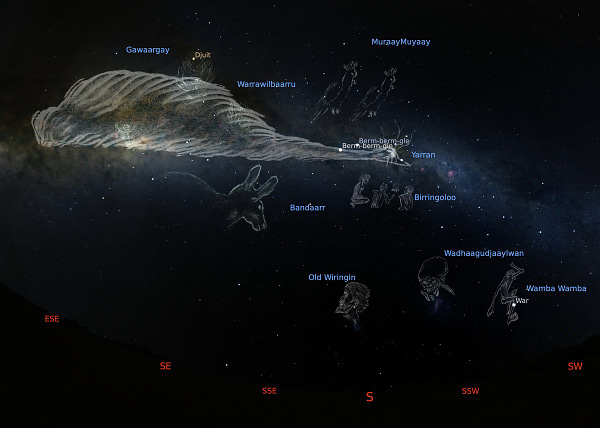


🧠 Identify migraine triggers. A migraine is a neurological condition that can result in symptoms such as a severe headache, nausea and/or vomiting, visual disturbances and sensitivity to light and sound. Identifying migraine triggers is the first step to prevention and long-term control. We love this powerful graphic for its ability to capture the most common triggers that contribute to the familiar intense and debilitating headaches patients often experience.
🗡 White blood cells, assemble! This reel contains by far the most hilarious, accurate and fun human recreation of how white blood cells work in our bodies! We loved everything- from the facial expressions to adorable human formations that make phagocytosis and antibody production so intuitive to understand. Watch reel here
🪴 Poaching isn’t limited to animals. Cono poaching, the poaching of Conophytum succulents has been illegal in South Africa since 1974. Succulent hobbyists collect Conophytum for reasons ranging from a love for their small sizes and beauty, to a desire to transform these rare plants into art. Check out this fantastic investigative piece on the succulent black market and the demand for an extremely rare group of plants. Read here
The Personal Stuff
❤️ This week, we get up close and personal with our fans.
We asked members of The Herd: What is your favorite scientific invention/discovery, and why?
Epipens because my severe peanut and treenut allergy kiddo has his on his person at all times and it has and will save his life! - Caitlin L.
I think the fact that we can donate blood is really cool. I don’t know if that’s an invention/discovery. But like wow, how cool is it that less than an hour of our time can help someone else so immensely. Proud donor, blood product recipient and mother of a child who will eventually need heart surgery and blood! - Katherine B.
The discovery of cyclosporine and later, Tacrolimus (FK506) without which organ transplantation would never be where it is today. (<3 From a liver transplant APRN) - Jamie J.
The BMJ held a survey in 2007 asking readers to vote on the most significant medical breakthrough since 1840 (date of first BMJ), they whittled it down to 15 options and then 12,000 readers voted. The top 3:
1) Sanitation
2) Antibiotics
3) Anesthesia
Full list with some commentary can be found at WebMD as the original article is paywalled) On their list, I think #7, the oral contraceptive pill, is one I would have never thought to include, but it's significance could be argued to exceed even vaccines, antibiotics, and discovery of DNA. Everything else merely improves QoL and mortality. "The Pill" on the other hand radically altered social and cultural dynamics, giving women a level of autonomy over their bodies unprecedented in history. - Michael D.
Antibiotics and antiseptic procedures. Ever read Destiny of the Republic about President George Garfield? He was shot, but what actually killed him was doctors digging around in the wound without sterile *anything* repeatedly to try to find the bullet. - Abigail T.
Probably vaccines and antibiotics. Vaccines have assured that my children survived infancy and toddlerhood without succumbing to (now preventable) disease, and antibiotics kept me alive when I retained a piece of the placenta after the birth of my second child. - Amanda K.
Special mention for human insulin from our EP Montana and Herd member Lauren S., who are both Type 1 diabetics. Thanks to Banting, Best, and Macleod for the life changing/saving discovery!
That’s it for this issue!
If you’re new here, we’d love to have you as a subscriber.
If you enjoyed this piece, feel free to smash the heart button below! What was your favorite feature this week? Comment or hit reply to let us know!
👇




